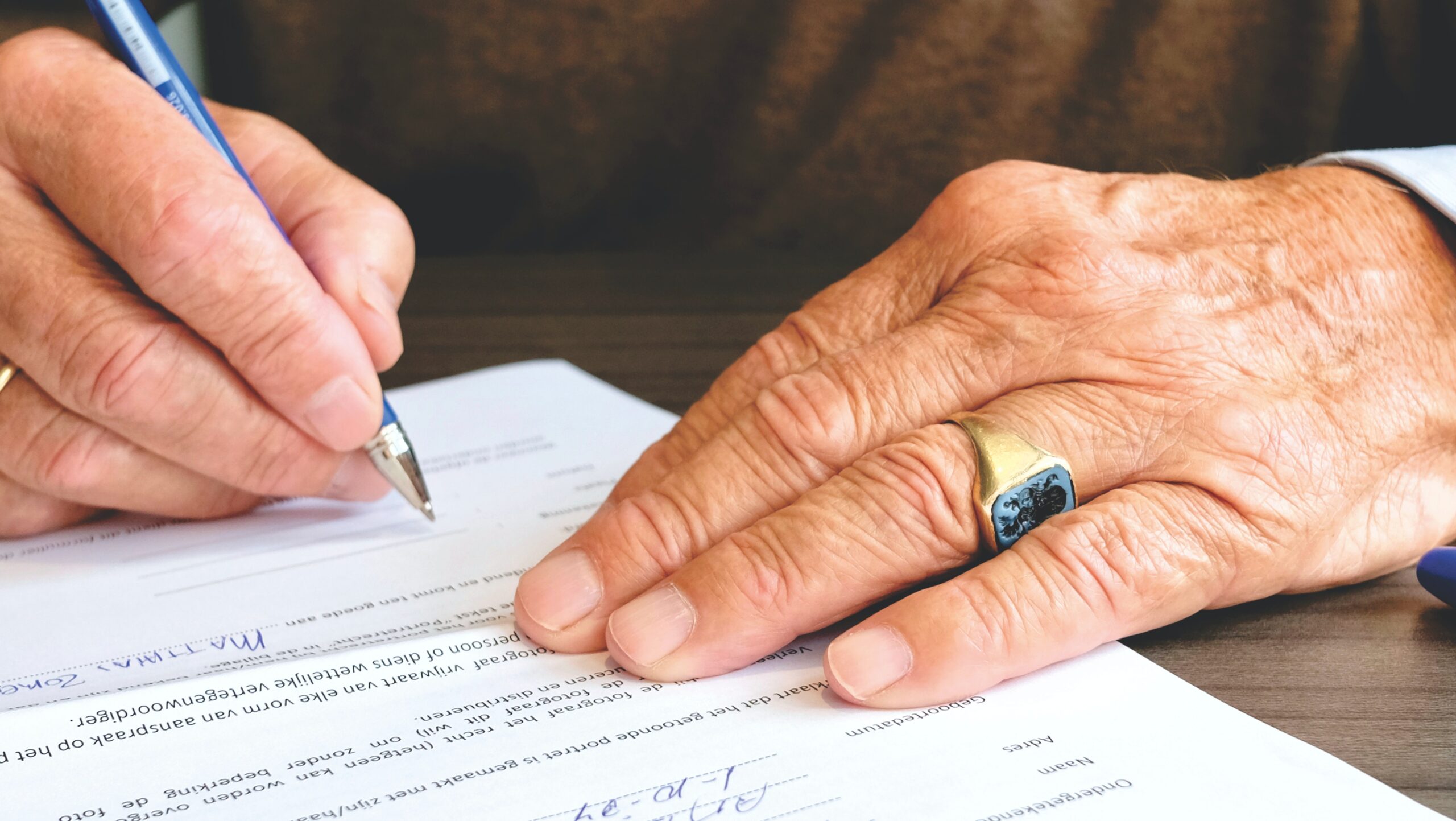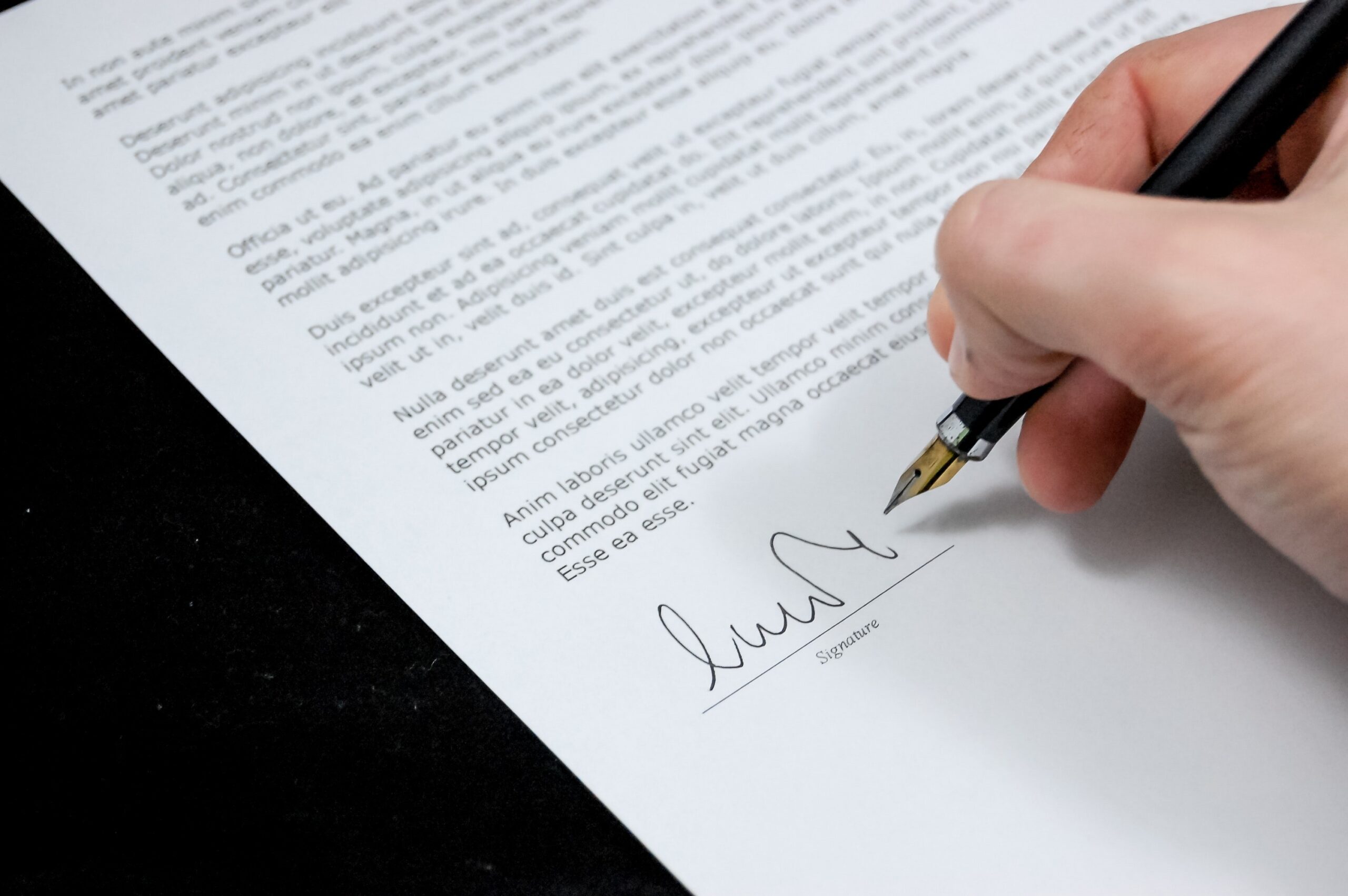
A notary public is someone who has the power to certify a signature on behalf of another person. This can be done at any time, and the process is quick and easy. Notaries provide services for individuals and corporations, but they also perform other functions in their communities.
What Is Notary Public?
A notary public is a public servant who administers oaths, takes affidavits and other legal documents and certifies them as true copies of the originals. They are also known as “notaries”, but this term can be confusing because there are many types of notaries.
The type of notary that we need for our document is called a “public notary” or “notary public” in some states. This means that you must have your document recorded with this person before it becomes official (which is why we need to pay him/her). However, if you live in one state and want your document to be recognized by another state’s government then it might make sense for you to use another form of certification service instead!
Why Do You Need A Notary Public?
It’s important to note that notaries are not required by law in every state. They’re also not required by federal law, although some states do require them. So if you live in one of these states and want your document notarized—or if you live in another state where it isn’t legally necessary—you may still want to get it done just for peace of mind.
Why? Because without question, having a properly-executed certificate (and supporting documents) on file will protect your interests if something happens with the document later on down the line: If someone tries to impersonate someone else or make off with their hard-earned savings…well…at least they’ll have proof!
What Documents Are Typically Notarized?
- Wills: The will is the most important document you can have notarized. It’s your legal statement that dictates what happens to your estate after you die, and it’s important for everyone involved in your life to know that this is what you want.
- Real Estate Documents: If someone sells their property or buys another one, these are usually signed by both parties at the time of purchase or sale. These documents also need to be notarized so that there is no confusion about who owns what once things get settled down after closing on the deal (if they do).
- Documents That Need To Be Filed With A Court: Obtaining legal advice may not be enough when making decisions about important decisions like divorce settlements or child custody cases; those types of matters require formal affidavits made under oath which could only be done with help from an experienced attorney specializing in family law matters such as myself here at my office downtown Manhattan where I am located just steps away from Times Square where Broadway shows go crazy every night!”
How Does The Verification Process Work?
When you visit your local notary, they will ask for your ID and the document you want to notarize. The notary will then verify that the signature on this document matches your signature on their copy of it. In addition, they make sure that you are who you say you are by checking with other people who know both of them (like family members). If all goes well, they’ll then stamp it with their seal and give it back to you!
How Is The Fee For A Notary Public Determined?
The fee for a notary public is determined by state law. Most states have set fees, but some do not. If you live in one of these states and your documents took longer than 15 minutes to notarize, you will be charged an additional fee based on the length of time it took to execute your document. For example, if you are paying $5 per page for your notarization, but it takes 20 pages total (which would be $10), then they can charge you $10 instead of $5 per page!
When you come to a notary public with the right documents, preparation, and information, the process is quick and easy.
When you come to a notary public with the right documents, preparation and information, the process is quick and easy. The notary will verify that everything is in order before stamping your document.
The next step after recording your signature is for them to give you a copy of the stamped document so that it can be used as proof of authenticity later on.
Conclusion
We hope this article has given you a better understanding of what a notary public is and how it works. If you have any questions or concerns, please feel free to reach out to us at any time!

